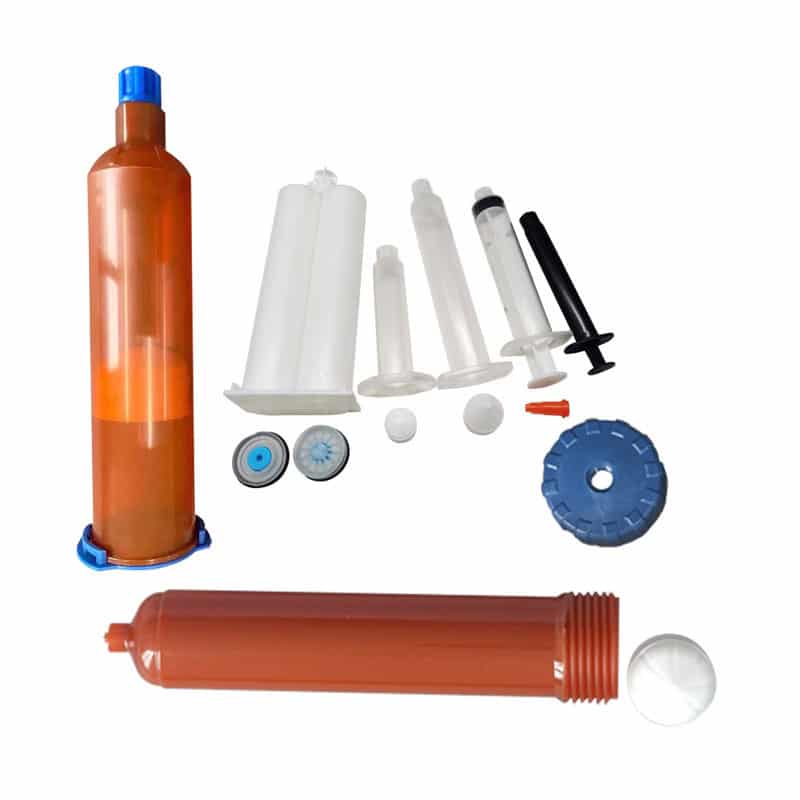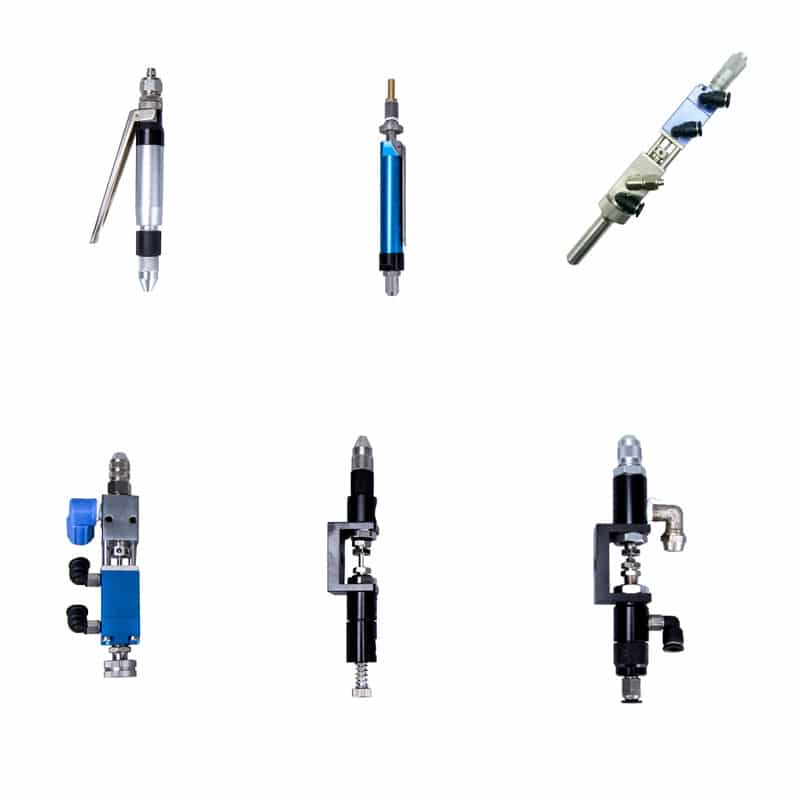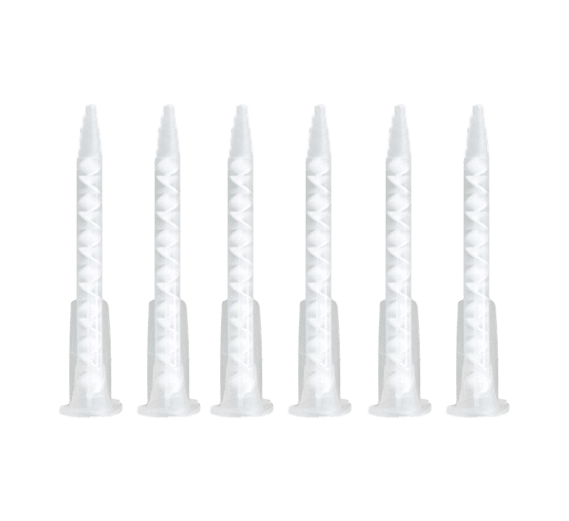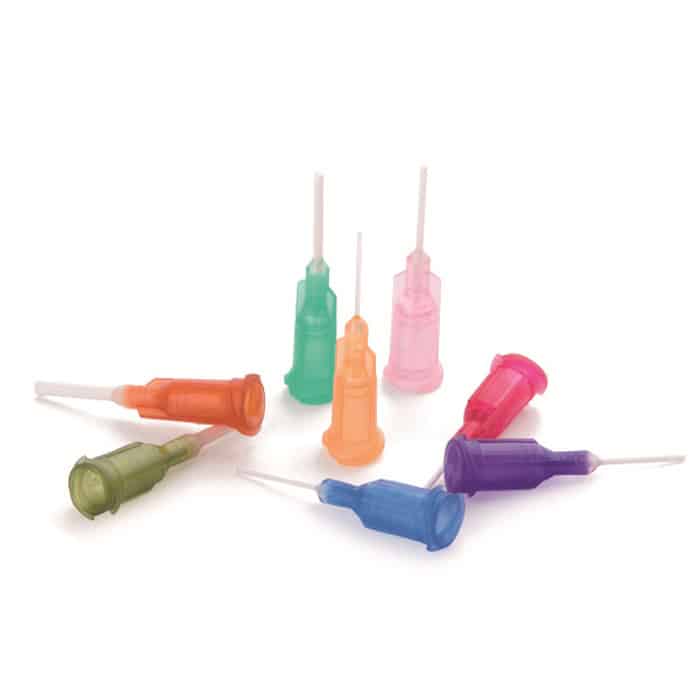Dispensing tools can speed up processes and reduce the risk of human error. For instance, automated dispensing systems can rapidly and precisely fill containers, apply adhesives, or dispense liquids, saving time and resources.
Common Types of Dispensing Tools
Let’s explore some of the most common types of dispensing tools and their applications:
1. Syringes

Syringes are versatile dispensing tools used in healthcare, research, and industrial applications. They can dispense or extract liquids and gases with high precision. Automated syringe pumps are often used in medical settings for precise drug delivery.
2. Dispensing Pumps
Dispensing pumps are automated devices that accurately dispense liquids, making them valuable in the food and beverage industry, chemical manufacturing, and other settings where controlled liquid dispensing is essential.
3. Dispensing Guns

In construction and manufacturing, dispensing guns are employed for applying adhesives, sealants, and coatings. These guns offer control over the flow rate, making them essential for creating secure bonds and coatings.
4. Dispensing Valves

Dispensing valves are commonly used in industrial settings to control the flow of liquids or gases. They are often integrated into automated systems, enabling precise and repeatable dispensing of materials.
5. Powder Dispensers
For industries handling powdered or granular materials, such as pharmaceuticals or food production, powder dispensers are used to ensure precise measurements and efficient material handling.
6. Dosing Systems
Dosing systems play a crucial role in sectors where controlled delivery of fluids or chemicals is necessary. These systems often feature automated controls to maintain accurate dosing.
7. Dispensing Nozzles

Dispensing nozzles find application in various tasks, from filling containers in the automotive industry to applying adhesive in electronics manufacturing. These nozzles ensure controlled and uniform dispensing.
8. Dispensing Tips and Needles

For fine and precise dispensing in microelectronics, medical device assembly, and other industries, dispensing tips and needles are used to control the flow of adhesives, sealants, or other liquids.
Conclusion
Dispensing tools are indispensable in industries where precision, quality control, and efficiency are essential. These tools help professionals and businesses ensure that the right amount of material is dispensed accurately, reducing waste, improving product quality, and saving time and resources. Whether it’s a scientist in a laboratory or a manufacturer on a factory floor, the right dispensing tool can make all the difference in achieving success.
